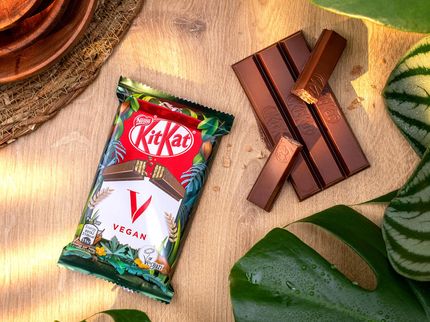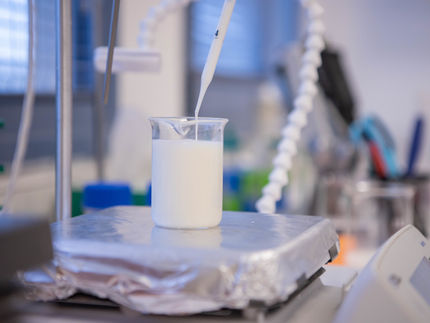The future of plant-based food and drink in Europe
Advertisement
Consumer interest in plant-based diets has driven a wave of innovation in plant-based meat and dairy alternatives in Europe. Recent Mintel research shows that over a third of German consumers claimed to have eaten meat substitutes in the prior 6 months. It is now a lifestyle choice, not a fad or craze. Mintel Food & Drink Director David Faulkner explores the potential of this fast-growing market.

Photo by Cocobols on Unsplash
Why European consumers are opting for plant-based choices
The plant-based alternatives movement stretches from strict diets like veganism through to flexitarian consumers looking simply to reduce their meat and dairy intake. Despite the buzz generated by vegan diets, a majority of people are focused on consuming more plants and reducing, not eliminating, animal ingredients. Consumer concern over environmental planetary health and human health are the key driving factors behind the plant-based food trend. Health perceptions also play an important reason for dairy reduction with, for example, nearly four in ten French dairy alternative consumers say that dairy alternatives are healthier than dairy products.
The evolving European plant-based food consumer profile
COVID-19 has created new momentum for plant-based food and drink. Whether for health or safety concerns, some consumers see the virus as a reason to reduce consumption of meat, poultry, dairy and other animal products. In the UK, over a third of consumers claim that the COVID-19 coronavirus pandemic proves that humans need to eat fewer animals.
This appeal is not expected to subside as COVID-19 becomes less of a factor on European lives. Nearly a quarter of Germans have resolved to eat fewer animal products once the pandemic subsides. Younger generations, in particular, are interested in meat and plant alternatives.
How can plant-based brands unlock potential for future growth?
Brands have been keen to tap into the vegan market, with a mainstream appeal focus, rather than pursuing a small segment of vegan consumers. For example, in the UK, only 3% of UK adults claim to follow a vegan diet. In 2020, 20% of all food and drink products launched in Germany featured a vegan claim on their packaging, up from 14% in 2016 – according to Mintel GNPD.
Brands are catering to growing demands with a continually expanding selection of vegan alternatives – these now range from beef and milk alternatives to all kinds of animal-based categories such as pork, chicken, fish, cheese, yogurt and eggs.
The success of vegan and vegetarian products is exemplified by German company Rügenwalder Mühle. The leading processed meat manufacturer is now also the leading player in meat substitutes in Germany. In August 2020, it reported that for the first time in its 186-year history, sales of meat substitutes overtook those of meat.
Grocery retailers are looking to add “plant butchery” to the in-store experience. In 2021 Asda in the UK announced that it was trialling a vegan butcher counter at one of its stores. The ‘Veelicious’ counter offers a range of meat-free alternatives – such as ‘facon’, bean burgers and mock lamb – and a selection of vegan cheeses.
Challenges faced by the plant-based industry
Taste can be a limiting factor to the take-up of plant-based choices. In the UK, a majority of consumers still believe that cow’s milk tastes better than plant-based milk.
In addition to assured good taste, consumers also want to know that they are not compromising on nutrition when switching to plant-based, so delivery of a high protein content and other key nutrients is valuable.
However, alternative products can often have long ingredient lists or be considered more processed than animal products. In order to elevate appeal for meat and dairy alternatives, characteristics associated with naturalness must be emphasised more strongly.
In the longer term, plant-based alternatives will be challenged by lab-grown, cultivated animal products which claim to offer healthier, more ethical and sustainable options to traditional animal products.
Price can also be an obstacle to the use of plant-based products, as some meat and dairy alternative products can be more expensive than the ‘real thing’. Ultimately, brands must strive to achieve affordable prices to convince budget-conscious consumers that these products can be a regular part of their shopping list.
























































